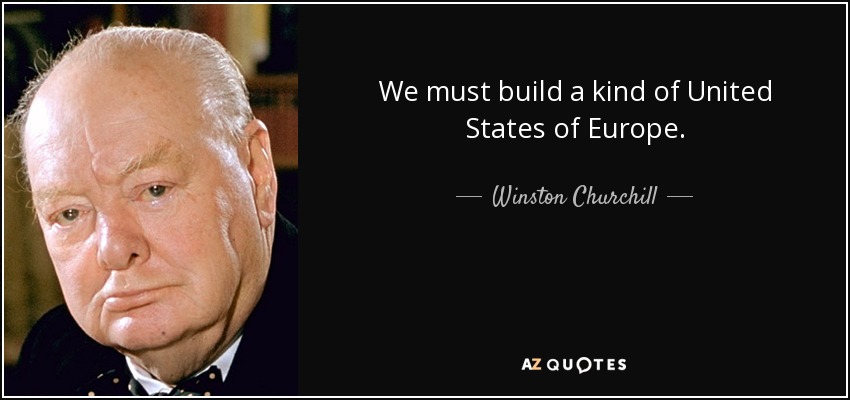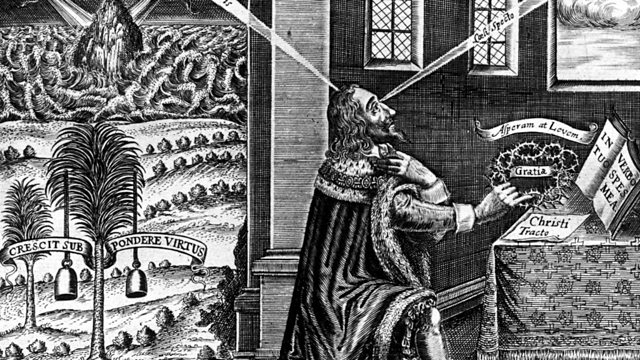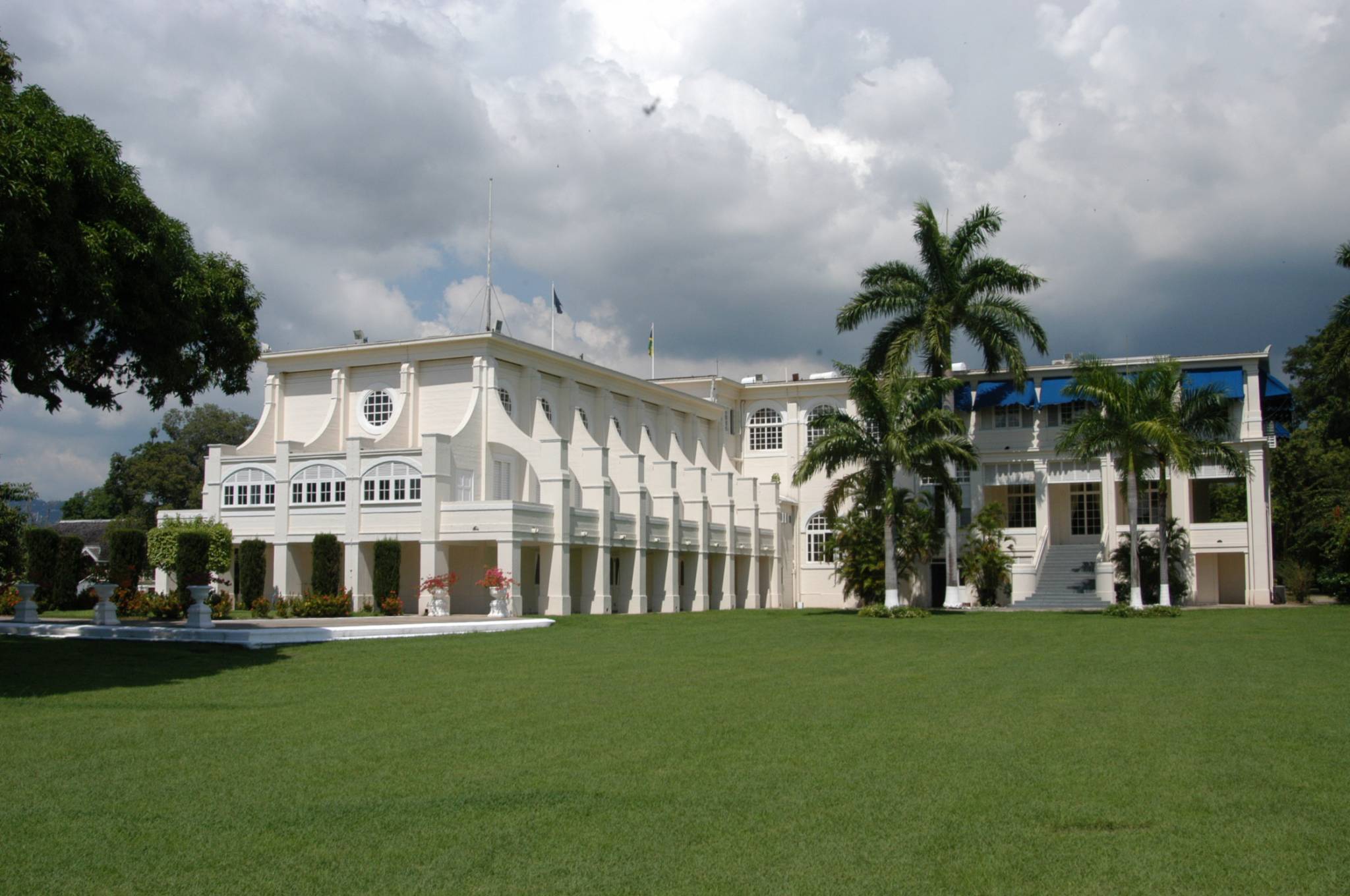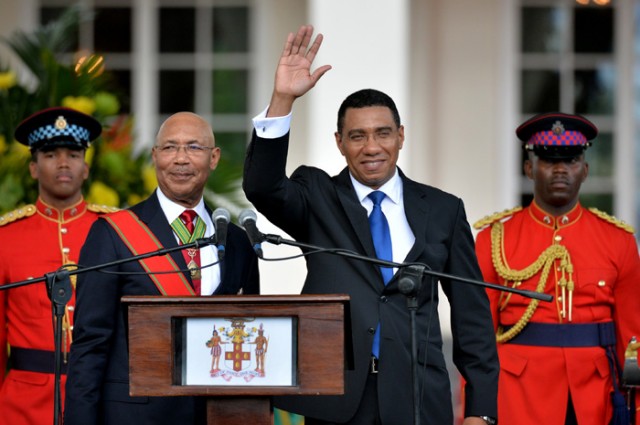So article 50 has finally been triggered , what it will mean for
the future of Britain, Europe and regional integration at large?. It never
really occurred to me until now that the Europhiles are in truth wasting a grand opportunity
and I’ll tell you why. After seeing the arguments for and against BREXIT, I
have held that Britain leaving the European Union might just be the best thing
for Britain however of late I have also been thinking that Britain leaving the
EU actually is actually what is best for the rest of Europe as well. I know, I
sound absolutely crazy to even think of such a thing but hear me out, and then
take a good look at the evidence to decide for yourself.

The European
Integration process didn’t occur overnight, instead it was decades in the
making and started all the way back to the European Coal and Steel Commission
with 6 states in 1951, over the years this has grown and evolved to the
European Economic Community and later to the European Union we know today, the question
is where does Britain fall in all this?. For all the strides it has made,
European integration is not yet completed, it started out based on functional cooperation
but then evolved into a regime and later still started operated on a
neo-functional principle. According to political scientist Ernst B. Haas in his
1958 work The uniting of Europe: political,
social, and economic forces. The rise of functional cooperation between
states will lead to cooperation in other areas thus deepening integration between
countries in a particular region, this he called the “spill over effect”,
according to him, for any union of states to truly work then states must be
willing to partially surrender their sovereignty to a pooled body in order to
serve the greater good of the region. This is currently where the EU is at
today, as the evolution from a single commission to a supranational entity
makes it the most advanced experiment in regional integration to date.

That being said, the EU isn’t satisfied with being governed
by functional or neo-functional ideal but wishes to move one step further into
full blown federalism, already the wheels of this have been set in motion with
the European Parliament, the EU Commission, the European Council, the ECJ and a
plethora of accompanying institutions, they now have a common currency, central
bank and trade policy but the dream of a federal Europe is not complete as yet,
there more left to be done in order for the Europhiles to achieve their ultimate
ambition which is a United States of Europe.
Ironically enough, the term United States of Europe was
first coined by revered British Prime Minister Sir Winston Churchill who was a
firm supporter of the idea of a United Europe, as he believed that this would
be the best way to avert war on the continent when he made the quote “It is to re-create the European Family, or
as much of it as we can, and provide it with a structure under which it can
dwell in peace, in safety and in freedom We must build a kind of United States
of Europe.” Those who would use this
quote to justify why Britain should remain in the EU however are those who focus on this line while failing to recall the rest of the 1946 speech which also had the
following to say “In all this urgent
work, France and Germany must take the lead together. Great Britain, the
British Commonwealth of Nations, mighty America, and I trust Soviet Russia -
for then indeed all would be well - must be the friends and sponsors of the new
Europe and must champion its right to live and shine.” This then goes to
show a clear evidence that while Churchill did advocate for a USE, even back
then he knew that if it was going to succeed then it must needs exclude Britain
as it is clear that Britain’s future lies elsewhere.

And was he wrong to assume this? Not at all, history has
shown that every attempt to bring Europe together whether by coercion, sheer
force of will or voluntary democratic means has always been foiled by Great Britain,
stretching as far back as the Treaty of
Westphalia in 1648 whereas the rest of European potentates were one by one
signing on to this ground-breaking document pledging non aggression and respect
each other’s sovereignty, neither England, Scotland nor Ireland (then 3
separate kingdoms under a single monarch) were present even while their continental
neighbours were. Later on at the rise of the Holy Alliance, while the great
powers of Austria, Russia and Prussia were steadily increasing their cooperation
to signify the rise of a new order in Europe due to fall of both the Holy Roman
Empire and Napoleon’s continental system, Britain stood outside of the fray and
steadily refused to join any such agreement even while the rest of Europe were
declaring their acquiescence to its principles.
And while it is true that Britain did cooperate in the 1815 congress of
Vienna that created the concert of Europe it did not gain as much as the great
powers on the continent itself because its interest lied closer with its
imperial holdings elsewhere than with Europe itself. Eventually as the European
Coal and Steel Commission was being upgraded to the European Economic
Community, while many other states joined with little internal fuss, it was not
the same with Britain which spent a long time debating whether or not they
should even sign on in the first place and even afterward, the mood in the UK
itself was still one of half-heartedness where the UK was never truly committed
to a united Europe like say a France or Germany.

Nothing more explicitly showed this fact than in 2002 when the
European Union decided to unveil its new currency the Euro. While one by one,
European countries abandoned their national currency to join the Eurozone, the
United Kingdom steadfastly refused to let go of its pound sterling. It must be
noted that Britain isn’t the only EU outside of the Eurozone but it is the only
country qualified to join to Eurozone (pre BREXIT) that has not done so, the
other non-Eurozone countries are kept out of the Eurozone because they do not
meet the economic convergence criteria set by the European Central Bank,
Britain however CHOOSE to keep its monetary sovereignty, thus again showing their
traditional lack of commitment to fully immersing itself in the EU.
Another thing that depicts Britain’s unwillingness to join a
United States of Europe is the way they view themselves in the world, In
addition to Europe, Britain’s foreign policy has always heavily featured its
Atlantic Connection and its relationship with the Commonwealth. Britain wasn’t
the only European power to build a colonial empire, France, Spain, the
Netherlands, Portugal and even the Belgians did exactly the same thing. But
none of these former colonial rulers kept the link with former vassals like
Britain did, sure the French has la Francophonie while Spain and Portugal tried
the Latin Union but neither of them reached the same level of influence of the
Anglosphere and even while Britain had one foot in the European Union, the Commonwealth continued to grow and thrive. Its special relationship with the
United States is nothing to be taken lightly either, beginning with F.D.
Roosevelt and Sir Winston Churchill, relations on both sides of the Atlantic
have been for the mostly excellent, with a few ups and downs of course but the
United States isn’t likely to forget that Great Britain alone supported their decision
to go into Iraq while the rest of Europe decried it as criminal (whether
these allegations have any merit isn't the point here, this is not a
discourse in international, law), the point is that the notion of CANZUK and its
connection with the rest of the Anglosphere remains strong. And while some overeager enthusiasts have been banding the notion of Empire 2.0 about, I wouldn’t
hold my breath for it happening anytime soon, but the very fact that this
notion does exist is testament to the fact of how Britain views themselves as being
separate from Europe.

What exactly is the point I’m trying to make by all of this?
It is quite simple, for the proposed United States of Europe to be transferred from idea to
reality, it must (I repeat must) exclude Great Britain, centuries of precedent
have shown time and time again that every attempt to unite the states of Europe
under a single flag (whether by force as Napoleon tried or by choice as the EU
is doing now) has always been thwarted by the Brits and its interest. It is
clear time and time again, that Britain’s interest lay outside the continent,
anybody ever wondered why prior to World War I, while the UK had the world’s
largest navy and biggest empire, Germany and Austria-Hungary still had more influence in Europe than they
did? Its not because they couldn’t
project power in Europe, its simply because they didn’t want to. France and Germany
should take Churchill’s advice, forget about trying to bring Britain into the
fold and use their influence to work to integrate the rest of Europe even
further. Europhiles shouldn’t weep over BREXIT, rather they should rejoice as
now a great obstacle to European statehood has finally been removed as it would
have never worked with Britain in the mix, not in the sense that the federalist
dreamed of. If the federalist really want to seize their grand opportunity then now is not the time for Europe to be talking about losses but
instead use this as the perfect opportunity capitalise and take the dream of a
United Europe forward into the future.







